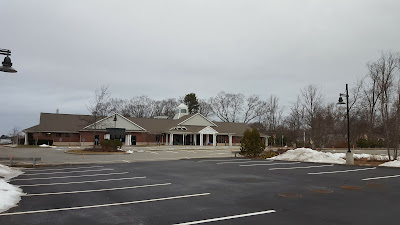Table games make a return
"In a garage dubbed “The Ice House,” NewsMan the gnome was attempting to prove his worth as part of the guild. To prove his worthiness, NewsMan started a brawl in the guild’s courtyard.
He managed to knock out Buckland Rogers, the human fighter, but soon met his match against a mysterious cloaked figure. Meanwhile Faelar the Unwanted, a half-giant, cast a few spells that fell weak in comparison to Morduso, warlock of the Raven Queen’s attacks from above.
In other words, Dungeons & Dragons - aka, “D & D” - along with countless other table games, are back and more popular than ever, drawing people old and young away from the game consoles and into their own imaginations.
According to David Gallagher, senior director of communications at online startup Kickstarter, board games are definitely back in style. Independent companies have found Kickstarter to be a prized outlet to release their unique games and help fund the manufacturing."
Continue reading the article online (subscription may be required)
https://www.milforddailynews.com/news/20190106/table-games-make-grand-return
 |
| Pete’s Nerds Emporium has opened on Main St in Franklin |
More signs of a downturn appear
"Add plunging state tax collections to a list of concerns that has recently grown to include a volatile stock market, rising interest rates and increasing talk about when the next recession may hit.
Tax receipts for December alone missed the monthly benchmark by more than half a billion dollars, erasing months of above-benchmark collections and leaving collections $108 million behind their targets midway through fiscal 2019, according to data released late Friday by the Massachusetts Department of Revenue.
Income tax estimated payments totaled just $121 million for December, $542 million or 81.7 percent below benchmark and $575 million or 82.6 percent below December 2017.
“We underestimated the shift of estimated payments from December into January. Early indications are that other states may be having a similar experience,” Revenue Commissioner Christopher Harding said in a statement."
Continue reading the article online (subscription may be required)
https://www.milforddailynews.com/news/20190106/states-tax-haul-plunges-in-december


